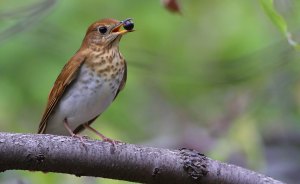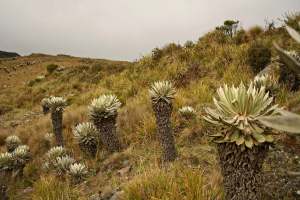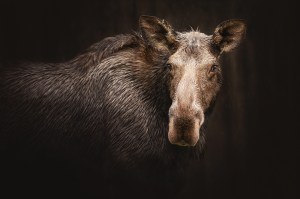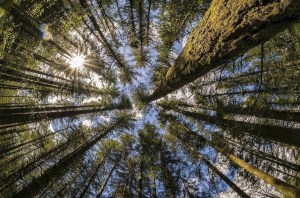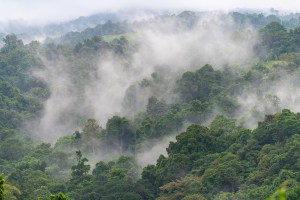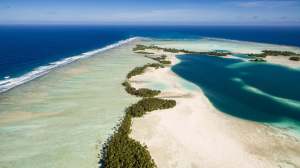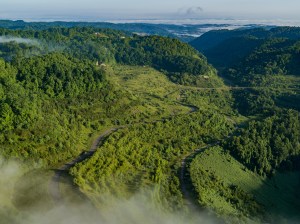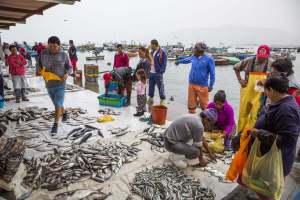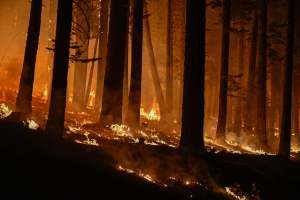Discover stories in Climate Change
Earlier Springs Cause Problems for Birds
A climate change induced mismatch between green up and migration may prove too much for some species. But researchers say there’s still hope
Peatlands Are One of Earth’s Most Underrated Ecosystems
Peatlands are incredible Natural Climate Solutions. They cover only 3% of Earth’s surface, but store around 30% of all the carbon on land.
From Moose to Marmots, Microclimates Could Provide Climate Buffer
Microclimates — variation in everything from rock formations to vegetation — will help species survive the current and future climate crisis.
Overlooked ‘Albedo’ Effect Should Be Factored into Tree Cover Restoration Decisions for Climate
Albedo changes can reduce the climate benefit of tree planting, but new research helps identify areas with the greatest climate-cooling potential.
Communities Unite to Save Papua New Guinea’s Forests from Logging
A group of villages in Papua New Guinea decided to protect their damaged rainforests from future clearcuts. A photographer captured that work in action.
Coral Atolls are Not a Lost Cause
An international team argues that strategic ecological restoration could save coral atoll islands from the rising seas of climate change.
A New Future for Mine Lands in the Central Appalachians
In Central Appalachian, mine lands can be restored to forests in ways that benefit biodiversity, carbon storage and local economies.
Loss of Coastal Ecosystems Increases Risk from Tropical Cyclones
Science identifies where coastal ecosystems will be crucial for coastal protection services in a world altered by climate change.
Larger Beaks, Smaller Bodies: Could Climate Change Literally Change Birds?
Climate change might change more about birds than their migration patterns.
Nature and Equity: The Future of Lasting Conservation?
Solutions to the challenges of biodiversity loss and climate change may require entwined solutions framed by “Nature and Equity.”
Forest Management Can Keep Carbon in Forests and Protect Communities from Wildfire in the American West
The U.S. is investing billions of dollars to reduce forest fire risks. New research maps the hot spots where investments in strategic forest management could offer the biggest payoff for people and climate.
Solar Energy Development Doesn’t Have to Destroy Vital Habitat (but It Could)
With careful planning, the U.S. could produce needed solar energy and still protect lands important for animal movement and migration.
